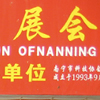仍然繼續一些「基礎系列」的指引。不知道是不是知道一些 Typography 的人都有或多或少的強迫症,日常看到一些 Typo 錯誤就會抓狂,於是生活痛苦不堪。在回國一段日子之後,強迫症終於迫使我寫下這個注意事項的系列文章。這個指引針對西方文字的排版,部分規則對中文排版有借鑒作用。
註:本文原文為十條,寫下後發現漏洞較多,激烈爭論後決定將後七條比較複雜的分開詳細寫,以不致草率和業餘。
1. 避免錯誤的拼寫和翻譯

這一點無需多說,可笑的例子太多太多。最近極端的例子是一間叫「翻譯服務器錯誤」(Translation Server Error)的中國餐館。想說 Chinglish 是一個新文化的另當別論,但對於嚴肅的英文使用場合,翻譯的錯誤是致命的。
另一個是拼寫問題,比如左圖消失的空格,或者無數名片上的 「Http:www.xxx.com」,以及莫名奇妙的忽然大寫和小寫,都是英文排版里的硬傷,不但影響閱讀,而且影響理解。對於名字的翻譯,中國的標準應該是:Beijing、Hu Jintao、David Zhang 和 Heping Road,而不是 Bei Jing、Jin Tao Hu、David zhang 和 HE PING Road。因此要避免翻譯和拼寫錯誤,唯一的建議是在使用英文前請盡量請專業人士校對,至少絕對避免用軟件直接翻譯。
2. 避免擠壓或拉長字體

Image: Life in Asia@Flickr,左:Helvetica Neue Condensed Bold;右:Helvetica Neue Bold Extended
很多情況下英文由於配合空間的需要,被任意的擠壓或拉伸,這都是非常不可取的。事實上,很多常用的英文字體大多已經精心設計了不同寬度的字型,比如較窄的 Condensed 系,和較寬的 Extended 系。這些特定的系列都是設計師最大化地保留了字體的特色,以及對於可讀性、識別性等等上進行了優化所生成的,比設計軟件機械地縮短拉伸的結果要理想得多。這一點對於中文字體也同樣適用。





21 個相關討論
你自己都拼錯了,是Hu Jintao不是Hu Jingtao吧。
多謝指正,認錯。汗。。
haha Translation Server Error … That was a good one.
I don’t think the formation of Chinese name should be what you have suggested.
I will prefer Hu Jin Tao rather than Hu Jintao, because there are 3 characters.
Without the caps and spaces it is very difficult even for me to pronounce and differentiate the characters. consider the situation of Wang jiameizi, who is my chinese classmate, it is so difficult to decipher.
Every publishing house has its own “house styles” to names, punctuations etc., i dont think thoese formats are fixed. (please refer to Book Typography for samples of different “house styles” or the current Olympic Games, they put family name all in caps and other in lower case. )
Rather to lay out the law for design, my dear co-author, maybe we should consider the elasticity and flexibility of rules and dogmas.
(please give other authors the right to add notes and thinkings into the article).
中文名的西化是一個國家標準的問題,不存在所謂的“House Style”。這個是要嚴格遵守的。這個與之前的一些排版規則不一樣,翻譯的標準是信息交流的必要基礎,而非出版社排版設計的風格而已。
姓氏大寫,名字小寫是國內外大型活動會議通行的一種規則,比如 HU Jintao,並不是這次奧運會的“House Style”。
可參見 http://en.wikipedia.org/wiki/Pinyin#Capitalization_and_word_formation
關於 Add Notes 的功能不大明白,私下討論。
PS。港台的標準應該是按音節區分的,名字的多音節中間加連字符,比如 Ma Ying-jeou和 Donald Tsang Yam-Kuen。但地名似乎就不加,比如 Sham Shui Po。可以認為他們的方法更合理,但這也是他們的法定標準,不是特區政府或者國民政府的“House Style”。
繼續。1976年9月修訂的《中國人名漢語拼音字母拼寫法》
http://www.jiaodui.com/Article/Class73/Class94/200506/1749.html
以及國際標準組織 ISO 1982年8月的文獻《中文羅馬字母拼寫法》
http://www.moe.edu.cn/edoas/website18/85/info13185.htm
please dont be so military, ppl should feel free to implement their own roles when they found the existing ones are not sensible. it has always been the big factor of design evolution. I don’t agree your attitude of “it is right because it is in the book” or “it is legitimate coz it is written in ISO”..
Think, not just follow.
創新和創意是有一個範圍的,做藝術品沒有界限,做嚴肅的英文出版物時與國家的法律抵觸來表達自己並沒有意義。
after all, I think you have noticed my attitude towards so-call “Basics”. it is too dogmatic. I am not saying roles are bad, but we should at least encourage thinking, trigger debates & share the knowledge. (and love)
i would rather prefer you to post the encounter of design, to express your feelings rather than telling ppl what is absolutely right and what is odiously wrong. it is hideous in itself.
yes, policemen.
point taken. you are god now.
Mr Policeman. Btw, the Typo Policeman something stickers are interesting. Maybe pointless to a creative god.
你這一代的人覺得Hu Jintao不能讀
我這代的人就會覺得Hu Jin Tao礙眼
西化是大趨勢,從了吧
我不知道這算什麼,這文章猶如繁文禮節,應該如何這種話其實有點無聊了,這個世界需要變化,突破,即使是錯的,我想說擠壓也不是不可以。只是如何把握。
贊同。
苦等後面的七條~
這種簡單的規則介紹受到諸多批評。已經暫停了。
寫出來討論一下也好嘛~實在是很想知道剩下的是哪七條 :)
這就是中國人和日本人的差別之一吧。
我認為可以寫成 Hu Jin-tao,在後面加一個連字號。